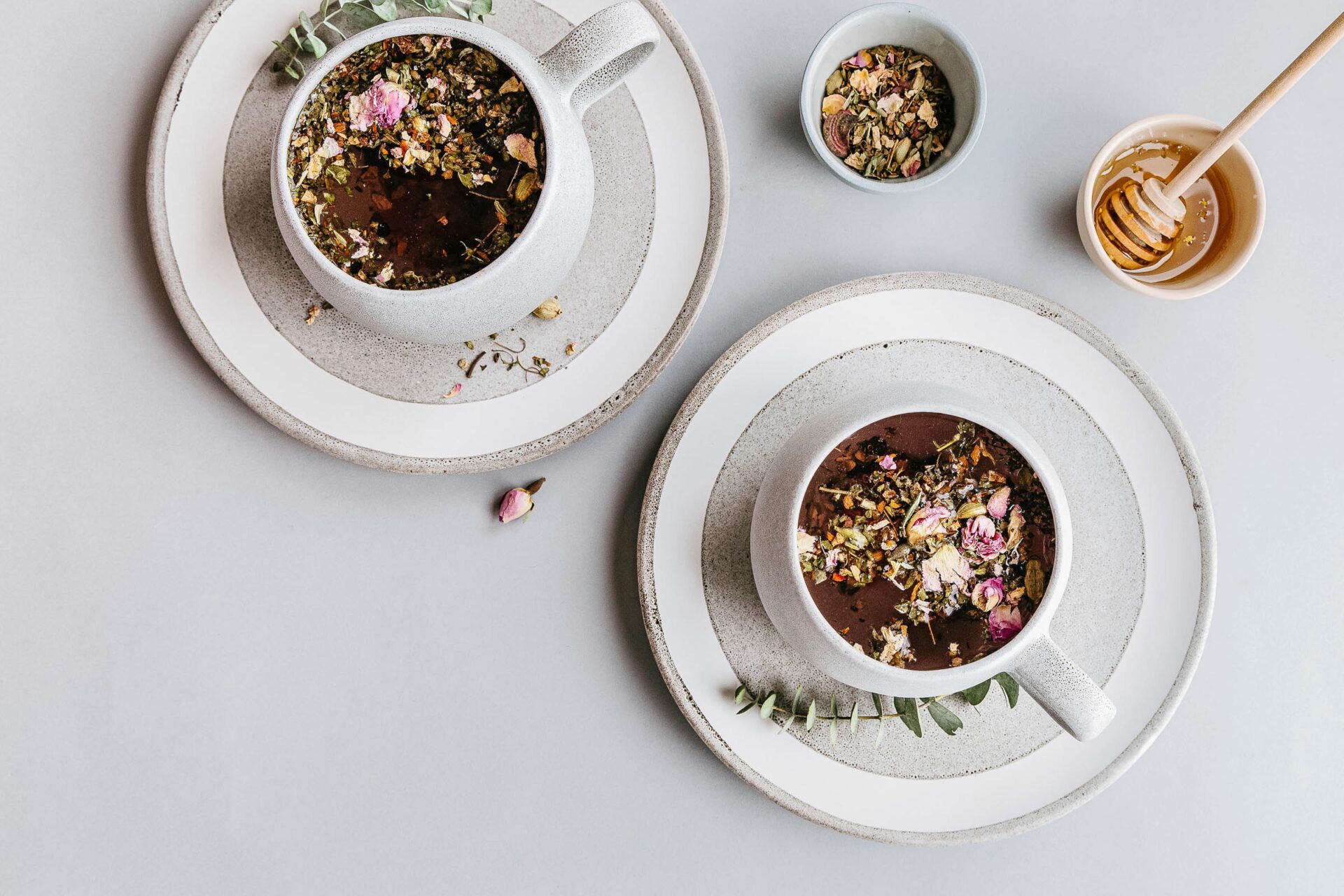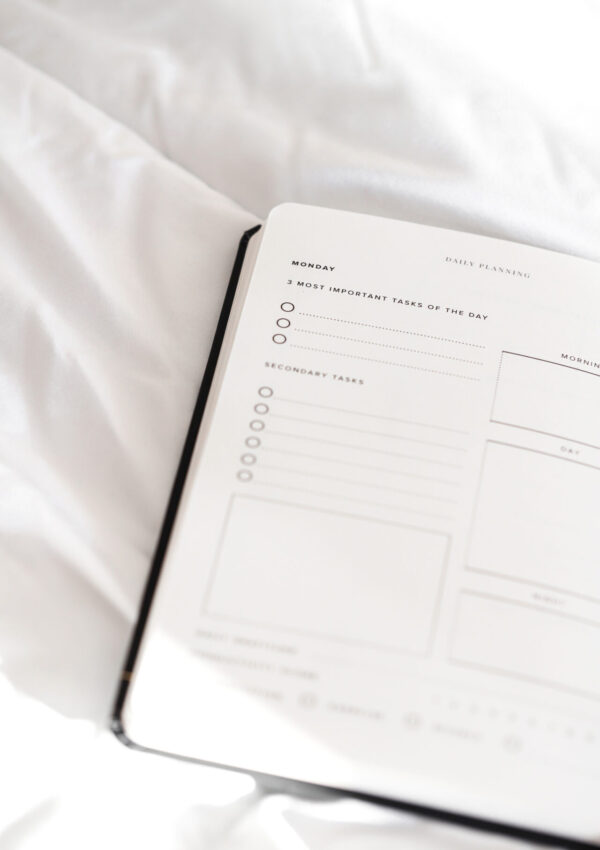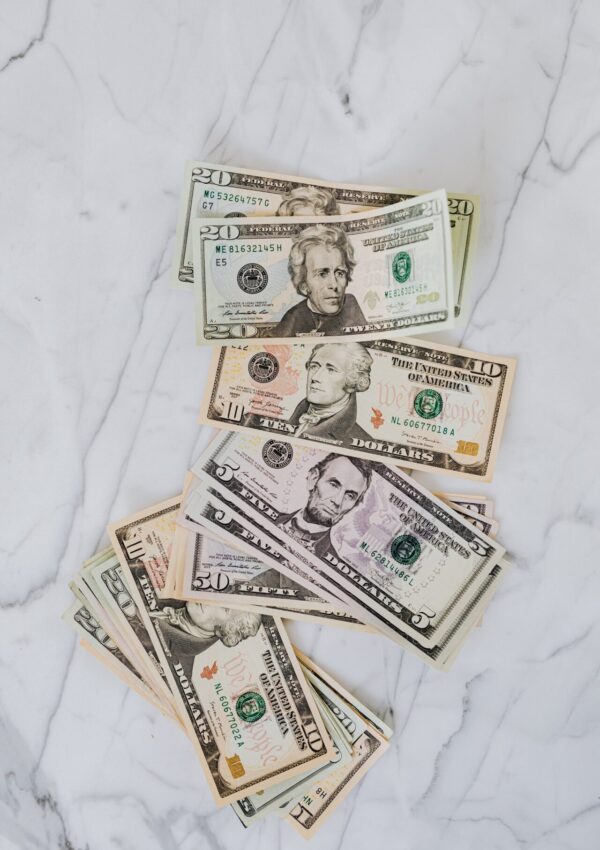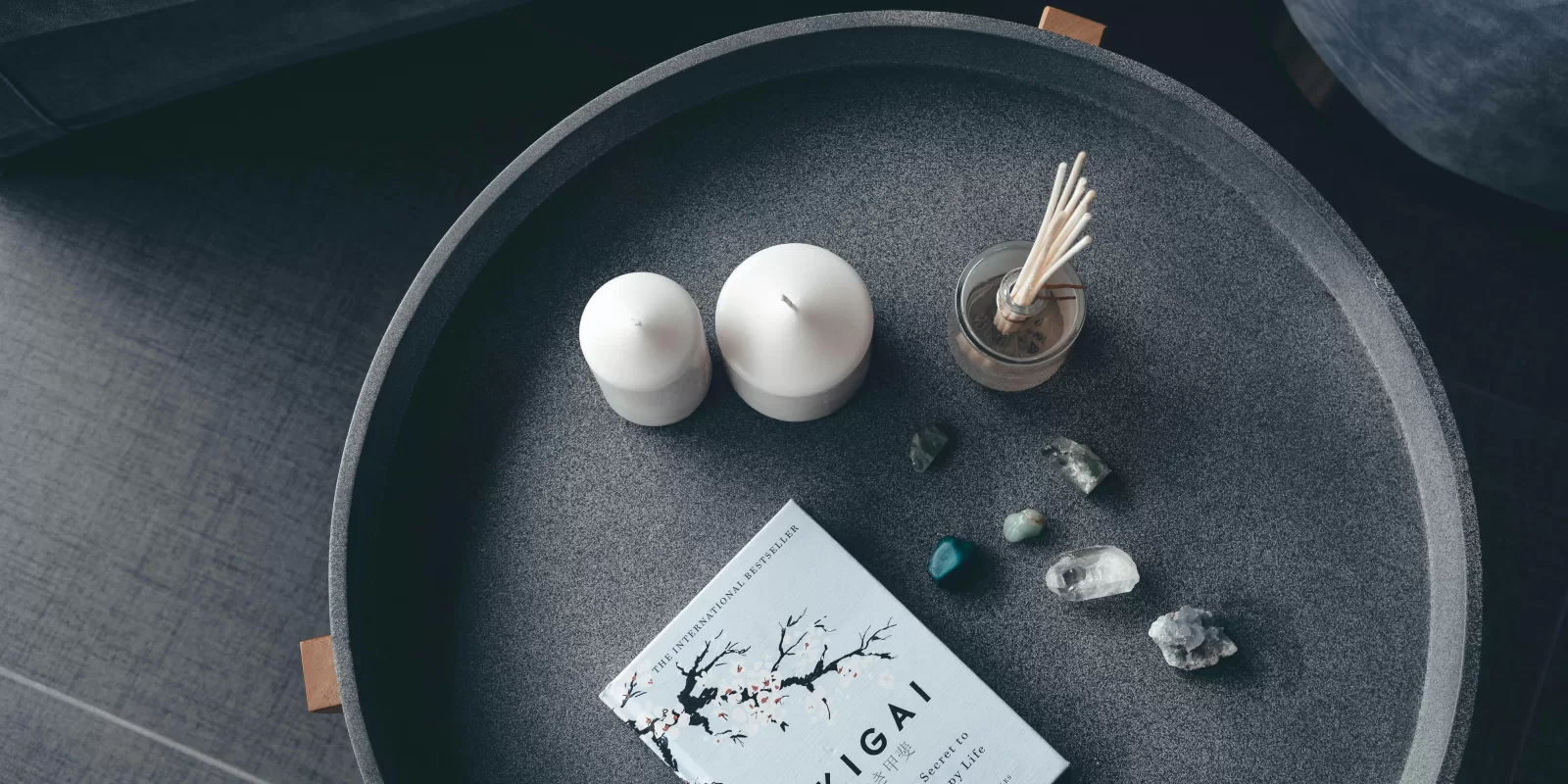 What is Ikigai?-
What is Ikigai?-
The term Ikigai loosely translates to a “reason for being” or “having a purpose.” It’s a Japanese word (pronounced EE-KEY-GUY.) It appears to have some correlation with the longevity of the people living in the Okinawa region of Japan. Read on to figure out how to find your Ikigai.
The bestselling book “Ikigai: The Japanese Secret to a Long and Happy Life” by Hector Garcia and Francesc Miralles examines the lifestyles of the elderly population in the village of Ogimi, Okinawa. This region hosts a higher-than-usual population of centenarians — people who live to be over 100 years old.
Maybe the key to a high number of their population living into their 100s is that, although they age and retire, they don’t stop having an Ikigai. They maintain a sense of purpose and reason for being that elongates their time here on earth.
These regions with larger populations of centenarians are called blue zones. The original blue zones include Ikaria, Greece; Loma Linda, California; Sardinia, Italy; Okinawa, Japan; and Nicoya, Costa Rica.
The Key To Longevity-
Currently, we aren’t typically building our lives around longevity. We skip physical activity and alternatively binge-watch one of the many television streaming services available. We live with enormous conveniences and can have almost anything delivered to our doorstep.
We’re extremely connected via social media, yet our depression and loneliness levels have skyrocketed. Although life is, in ways, getting easier, it seems people are missing a certain vitality in life. Inflation rates have made life tougher financially, and we see world tragedies play out almost daily on our phones.
It’s hard for many people to feel like life is worth living, as dim as that may seem. However grim the world can get, the people of Okinawa, Japan, seem to be doing something right. In many parts of the world, aging is something to be feared; in blue zones, it’s something to be revered. There’s so much wisdom from someone who lives into their 100s. They’ve seen and experienced it all.
Is Ikigai the reason they continue to live long while staying healthy? Read on below to discover how to find your Ikigai.
Western vs Eastern Ikigai-
The Ikigai Venn diagram shown below was created by Marc Winn. While the idea is there… sort of, the Western version of Ikigai has become slightly misinterpreted. It says to find your Ikigai, you must find the thing in your life that intersects
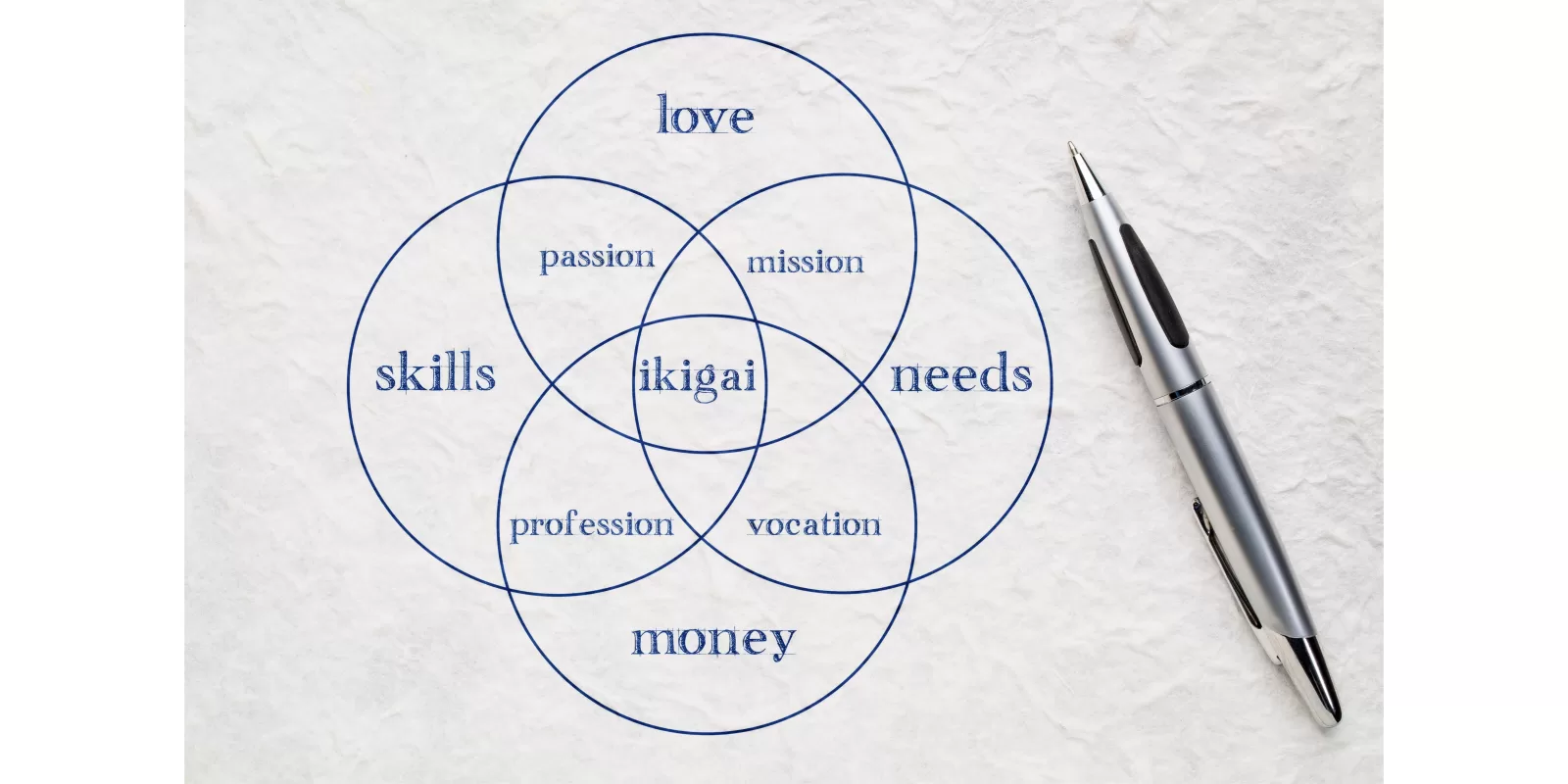
- What you love
- What the world needs
- What you can be paid for
- What you’re good at
A cool idea and awesome if you can find that sweet spot, but it’s not the accurate meaning of Ikigai. Raising your children might be your reason for being, yet you won’t be paid for it. Drawing and painting might be a major form of therapy for you, even if you aren’t Van Gogh reincarnated.
Your Ikigai doesn’t necessarily have to benefit the entire world. It can bring you a sense of purpose and happiness enough to brighten the world. It’s also a lot of pressure to find something that fits into all four of those categories.
Some people might search their whole lives and never find the exact bullseye on the diagram, and that’s perfectly fine. If it only fits into the first, second, third, or fourth category, that’s great. As long as it gives you a reason to wake up in the morning.
What You Love-
Think of the things you love to do. You might not be that talented at it yet, but that’s not important. If you’re interested in something, pursue it. If you’re a complete beginner, try it out and see how it flows for you.
You’ll either get better with time or decide it’s time to move on to something else that you can master. If you don’t improve that much but still enjoy whatever said hobby is, then who cares? If it brings you joy and pleasure, keep at it.
What The World Needs-
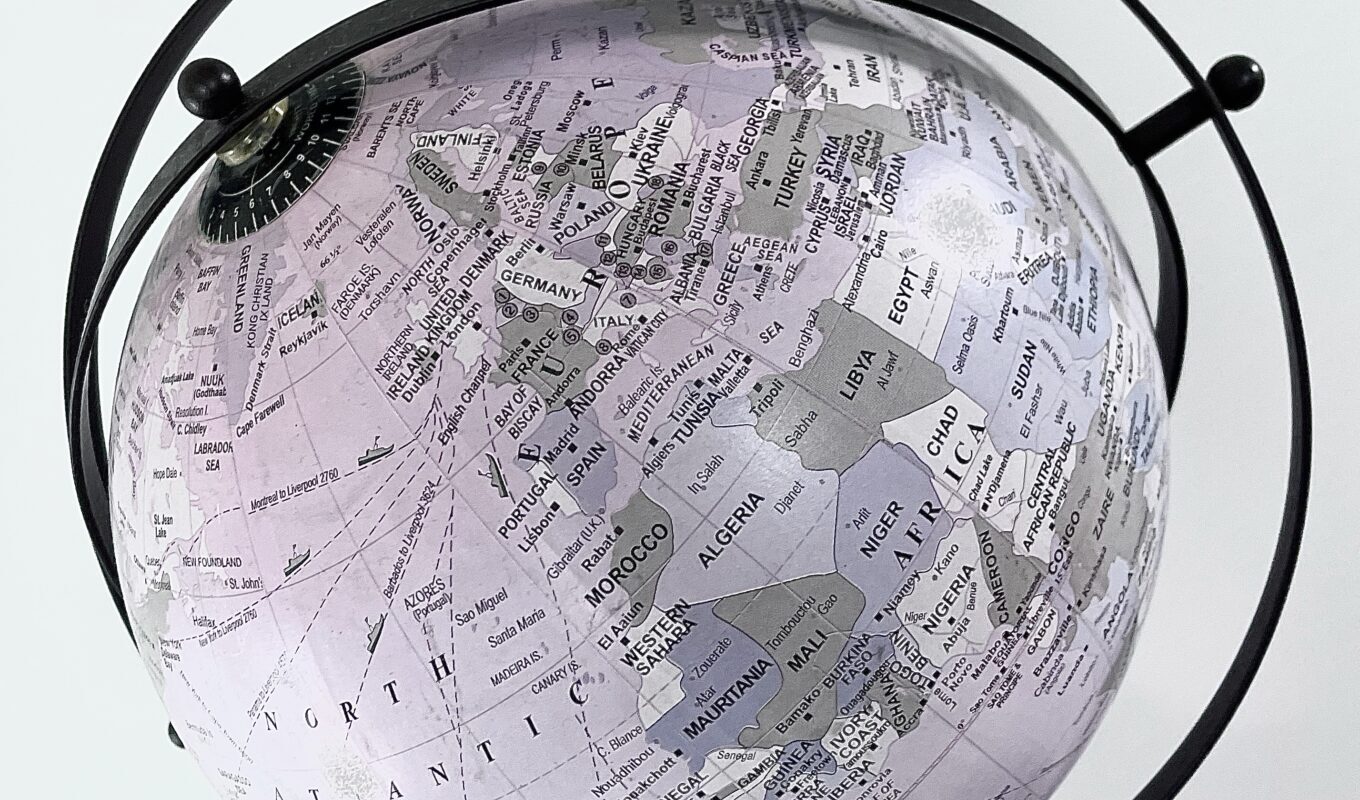 This is a bit tricky because “the world” might only include you and your family. If your kids need you to be the best version of yourself so that you set a good example for them, then you might make sure to work out regularly and take time for yourself so that your mental and physical well-being are in top shape.
This is a bit tricky because “the world” might only include you and your family. If your kids need you to be the best version of yourself so that you set a good example for them, then you might make sure to work out regularly and take time for yourself so that your mental and physical well-being are in top shape.
By attempting to be your best self, you’ll be in a better headspace to parent. You’ll also likely set a good example for your children. This will lead them to hopefully want to take good care of themselves, pursue their interests, and make healthy physical and mental choices, which will hopefully lead them to positively contribute to society.
It’s great if you have the resources to start a charity of some sort, but that’s not feasible for everyone. When attempting to find your Ikigai, sometimes what the world needs is for you to start with your well-being. When you take care of yourself and do what makes you happy, it’ll trickle down into the rest of society.
What You Can Be Paid For-
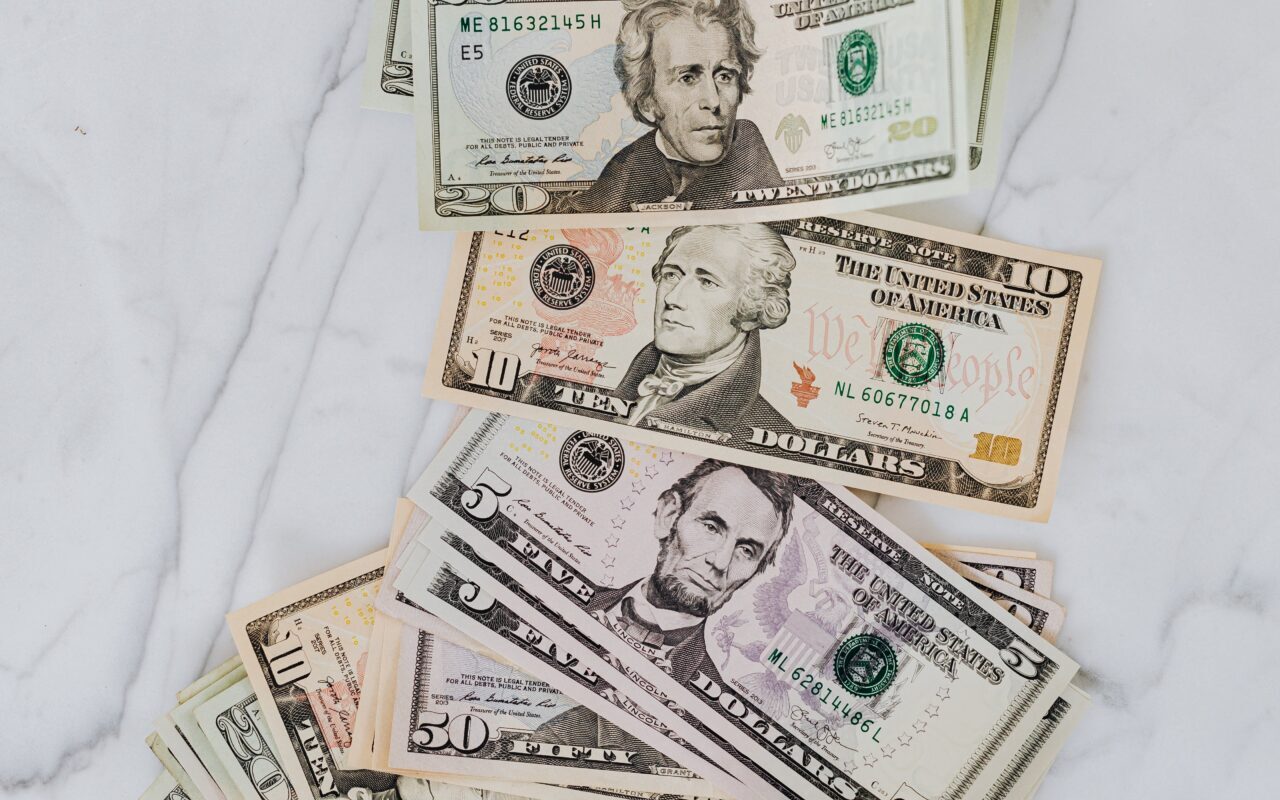 This circle in the diagram has been misinterpreted. In our capitalist society and with the rising cost of living, it’s as if nothing can be done anymore solely for pure enjoyment. You either need to be climbing the corporate ladder or spending every ounce of free time on your side hustle.
This circle in the diagram has been misinterpreted. In our capitalist society and with the rising cost of living, it’s as if nothing can be done anymore solely for pure enjoyment. You either need to be climbing the corporate ladder or spending every ounce of free time on your side hustle.
Having goals and working hard to achieve them is great, but it’s also healthy to have some activities you enjoy just for the sake of enjoyment.
While your Ikigai can be your job or work, it doesn’t have to be. If you’re someone who wants to punch the clock, do good work, and then head home at the end of the day and collect your paycheck, that’s okay, too.
Many jobs are just that… jobs. It’s nice if you can find a career that you like enough to do every day and not lose your mind, but don’t believe that your Ikigai needs to be something you’re paid for. If your passion turned side hustle that can bring you extra income, that’s fantastic. Keep in mind that usually, your passions that turn into businesses become another form of work that you still get excited to take a break from.
What You’re Good At-
Here’s another misconception about the diagram. You might not be the best at something, but if it brings you happiness, then who cares? Sure, you might be more likely to enjoy something that you’re naturally good at, but don’t let that stop you.
If you’ve never taken a dance class in your life yet want to take up adult ballet, don’t let your lack of ability and training deter you. Many people love to play golf or tennis in the summer, yet don’t come close to Tiger Woods or Serena Williams.
If you can find something you enjoy enough to want to continue pursuing regularly, then by all means pursue that. You’ll be bound to improve with time and practice.
Final Thoughts-
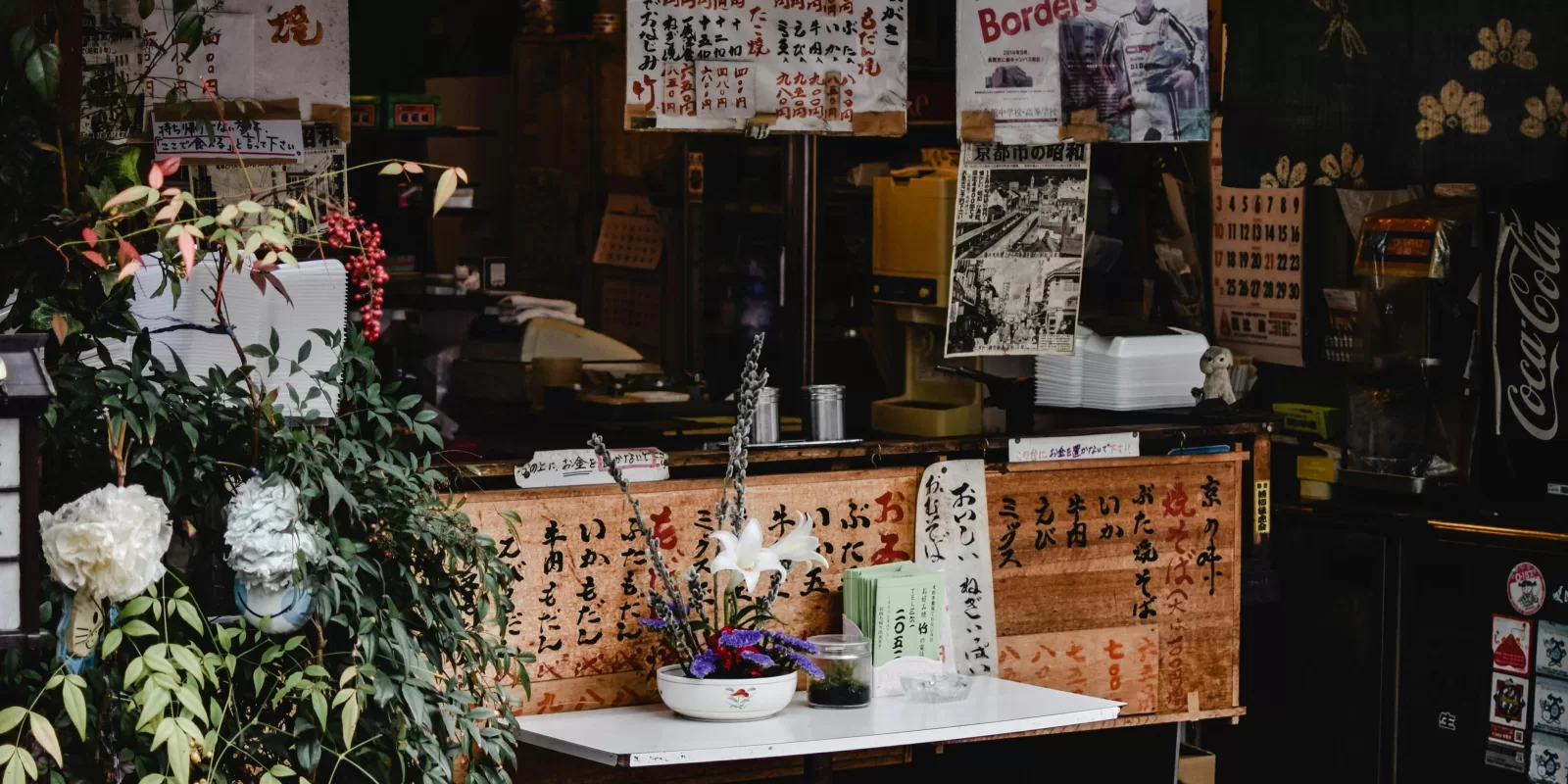 Life doesn’t have the same richness when you don’t have something that lights you up. Whether it’s a sport, art, music, volunteering, your job, cooking, or whatever else gives your life a larger meaning.
Life doesn’t have the same richness when you don’t have something that lights you up. Whether it’s a sport, art, music, volunteering, your job, cooking, or whatever else gives your life a larger meaning.
The people of Okinawa have been shown to live long and healthy lives. This is believed to be due in part to having an Ikigai, aka a sense of purpose and reason for being.
Unfortunately, this lack of purpose can seem to shorten lifespans when you don’t have a reason to keep going well into old age. Spend some time trying out new hobbies and activities if you don’t already have one to help you find your driving force in life.
While the Ikigai diagram can be a good guide for helping you try to find your Ikigai, use it as just that, a guide, and not a mandatory requisite.
Although the Ikigai Venn diagram might have had good ideas and intentions, it doesn’t quite hit the true meaning of Ikigai and why the Okinawa people seem to live such long and vital lives.
Prioritize yourself and your well-being, and begin to discover what your Ikigai is if you haven’t already. If you have discovered your Ikigai, foster it and don’t let it go. When you find happiness and purpose in life, you’re more likely to be a beacon of light in this world. Hopefully, you can find that thing or several things that set a fire in your soul and get you excited to wake up every day.
